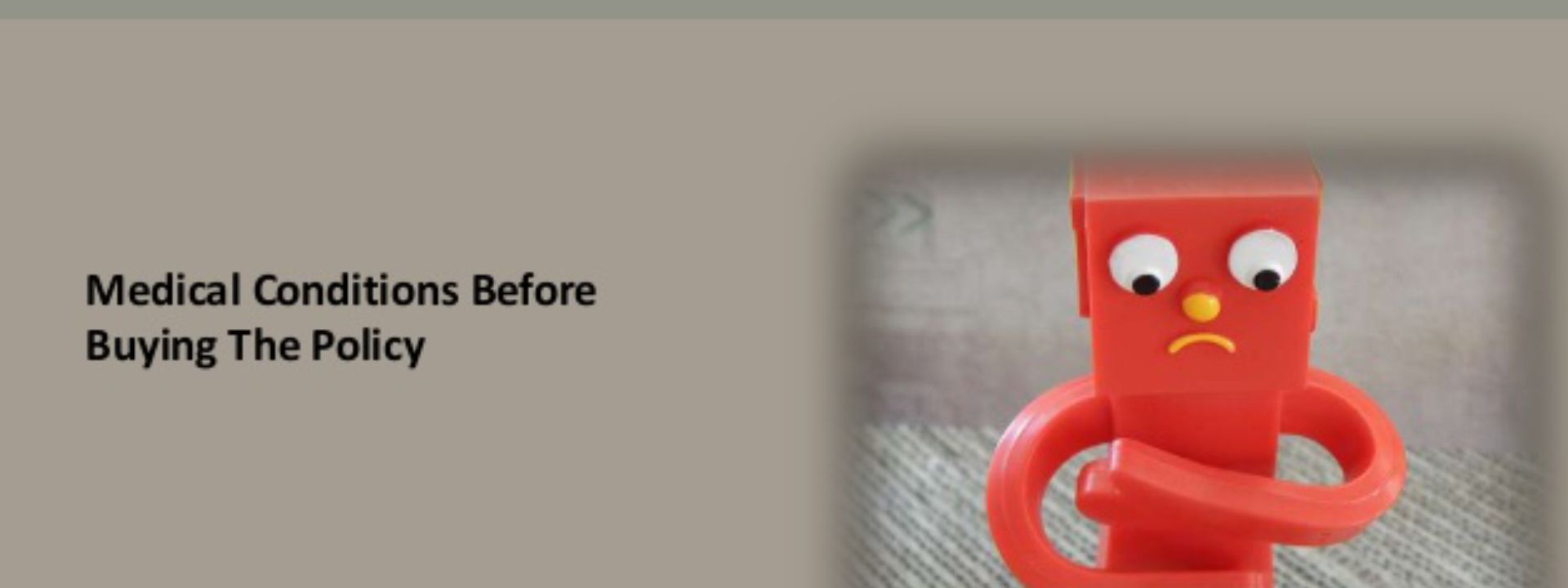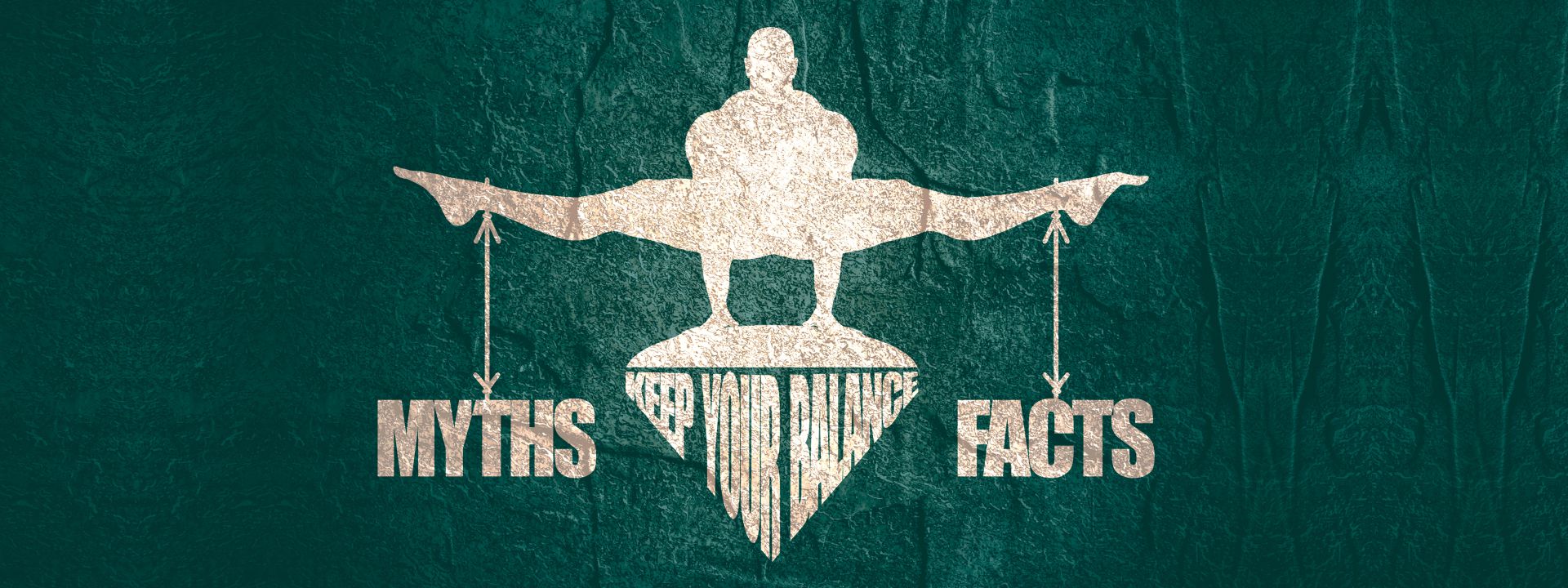Health Disease
Your body is the most priceless possession. After all, you have to dwell in it! So take care of it with a right Health Insurance Plan.
What is Hair Loss?
Hair is made up of a protein named as keratin which is produced in the hair follicles in the outer skin layer. Hair loss is a condition affecting just your scalp or even your entire body. Hair loss can be a heredity reason, some medical conditions, medications as well as hormonal changes. Hair fall is more common condition in men than women or children. Hair fall treatment includes medications like rogaine, propecia, hair restoration, hair replacements, etc.
Causes of Hairfall
It is said that a person may typically lose around 100 hair a day. However, this generally doesn’t relate to visible thinning of scalp hair. This is because new hair also grows at the same time. Hair loss usually happens when this hair growth cycle and hair shedding cycle is disrupted. It may also occur when the hair follicle gets destroyed as well as replaced with scar tissue.
Mentioned below are the hair loss causes:
- Family history. Usually the main cause of hair loss is a hereditary known as male-pattern baldness or the female-pattern baldness. It happens gradually due to aging as well as in predictable patterns that includes a receding hairline. Also noticeable results such as bald spots in men as well as thinning hair in women are seen.
- Hormonal changes and other medical conditions. You may face permanent or temporary hair loss due to a variety of conditions such as hormonal changes because of pregnancy, childbirth, thyroid problems, menopause, etc. There is a medical condition called as alopecia areata that causes patchy hair loss and scalp infections such as ringworm. Another medical condition includes a hair-pulling disorder known as trichotillomania that causes Hair loss.
- Medications & supplements. Certain drugs that are used to cure arthritis, cancer, heart problems, gout as well as high blood pressure are also some of the hair loss causes.
- Radiation therapy. This condition may lead to no hair growth as it was before taking the radiation therapy.
- Stress. Generally, many people face hair loss or hair thinning after a couple of months post a physical or an emotional shock. However, since this condition leads to a temporary hair loss.
- Certain hairstyles and treatments. People who do a lot of hairstyling or hairstyles leads to pulling the hair tight resulting in hair loss called as traction alopecia. Experts also suggest not to go ahead with hot oil hair treatments since they may cause permanent hair loss due to inflammation of hair follicles.
Types of Hair loss
Mentioned below are the different types of hair loss:
- Involutional alopecia: This is a natural condition wherein the hair starts thinning gradually with age. Here, more hair follicles move into the resting phase, and the balance hair become shorter as well as fewer in number.
- Androgenic alopecia: This is a genetic condition affecting both men and women. Men suffer with this condition, known as male pattern baldness that can begin as early as in their 20s. Androgenic alopecia, results in a receding hairline and gradual disappearance of hair right from the crown till the frontal scalp. Women also face this condition, known as female pattern baldness. However, they usually experience this noticeable thinning in their 40s or later. This condition leads to a general thinning all over the scalp, however, they experience extensive hair loss at the crown.
- Alopecia areata: This condition usually starts suddenly that cause’s patchy hair loss in young adults as well as children. Remember that alopecia totalis may lead to complete baldness. However, around 90% of the people facing this condition, may get the hair back within a few years.
- Alopecia universalis: This condition leads to the entire body hair to fall out that includes the eyelashes, eyebrows as well as the pubic hair.
- Trichotillomania: This is a condition that is usually seen frequently in children and is a psychological disorder. Here, a person pulls tends to pull out his/her own hair.
- Telogen effluvium: This is a temporary hair thinning on the scalp occurring due to a number of changes in the hair growth cycle. In this condition, a large number of hair do enter the resting phase that leads to hair shedding and subsequent hair thinning.
- Scarring alopecias: This is a condition resulting in permanent hair loss. Certain inflammatory skin conditions such as cellulitis, folliculitis, acne, and other skin disorders such as forms of lupus and lichen planus usually results in scars destroying the ability of the hair to regenerate. Hot oil treatments and hot combs as well as hair tied too tightly may also result in permanent hair loss.
Treatment
What should you do in case your Hair loss worsens?
In case your hair loss worsens, do visit your doctor immediately. They will diagnose the hair loss cause based on your medical history as well as your medications that you take. Besides, your nutritional status, your hairdressing habits as well as a physical examination will help the doctor in the diagnosis. In case your doctor suspects a fungal scalp infection, he or she may also take a hair sample for the purpose of laboratory testing. In case the doctor suspects lupus, sex-hormonal imbalance, a thyroid problem as well as iron deficiency, you may be asked to carry out a blood test.
What are the available Hair loss treatment options?
Usually, when the hair loss occurs due to telogen effluvium or any drug side effects, no treatment may work apart from discontinuing the medication leading to the problem. Limiting the usage of a blow dryer or a hair straightener or coloring or perms is also one of the best hair loss treatments.
Inculcating a healthy diet is also the best hair loss treatment that usually occurs due to poor nutrition or medical illness. Usually around 6 to 12 weeks of oral medication is required in case of fungal infection like terbinafine (Lamisil) with or without shampoos that contains selenium sulfide.
Alopecia areata condition of hair loss can be treated with a corticosteroid injected in your skin or applied to the skin. Other hair loss treatments include anthralin cream, minoxidil or a mixture of these therapies.
There are many men as well as women that face hair loss due to hereditary reasons and yet do not seek any hair loss treatment. Rogaine is the best hair loss treatment in case of hair loss due to medical conditions. Hair transplants as well as scalp-reduction surgeries are also some of the hair loss treatment.
Premenopausal women are usually treated with estrogen or spironolactone. Women in postmenopausal condition may be treated with finasteride for hair loss.
Are there any natural or homemade remedies for Cough?
You may get tensed thinking about how to stop hair fall or how to control hair fall! But, fret NOT! There are many hair fall solution and hair fall treatment that are natural and homemade.
- Massage: Massaging the hair scalp will result in restoring of hair growth thereby stimulating scalp and improving the hair thickness.
- Aloe vera: Applying aloe vera gel on your scalp will treat hair fall loss. It may also lead to reduction in dandruff and unblocking of hair follicles.
- Coconut oil: Since coconut oil has properties such as fatty acids penetrating deep inside the hair shaft and reducing the protein loss from the hair. Massaging coconut oil in your scalp will promote hair growth as well as improve the luster and health of your hair.
- Fish oil: It is best to consume omega fatty acids that help in improving the hair from within. Your hair density as well as diameter too improves if you regularly consume omega supplement along with antioxidants.
- Onion juice: Onion juice is a proven result of treating patchy alopecia areata that promotes hair growth. It also improves blood circulation thereby promoting hair growth. Applying onion juice on your scalp and leaving it for 15 minutes, may give successful results in hair loss.
When to call a doctor?
Usually many types of hair loss are either self-limited or they respond to medical treatment (tinea capitis). Medical treatment also help in hair loss due to hereditary-pattern baldness. But, it is necessary to continue indefinitely. However in certain conditions, hair loss cannot be reversed. This especially happens in case you develop scarring. This is when you should see a doctor immediately.








 support@greyfont.com
support@greyfont.com Call Us on (022) 4891 3051
Call Us on (022) 4891 3051